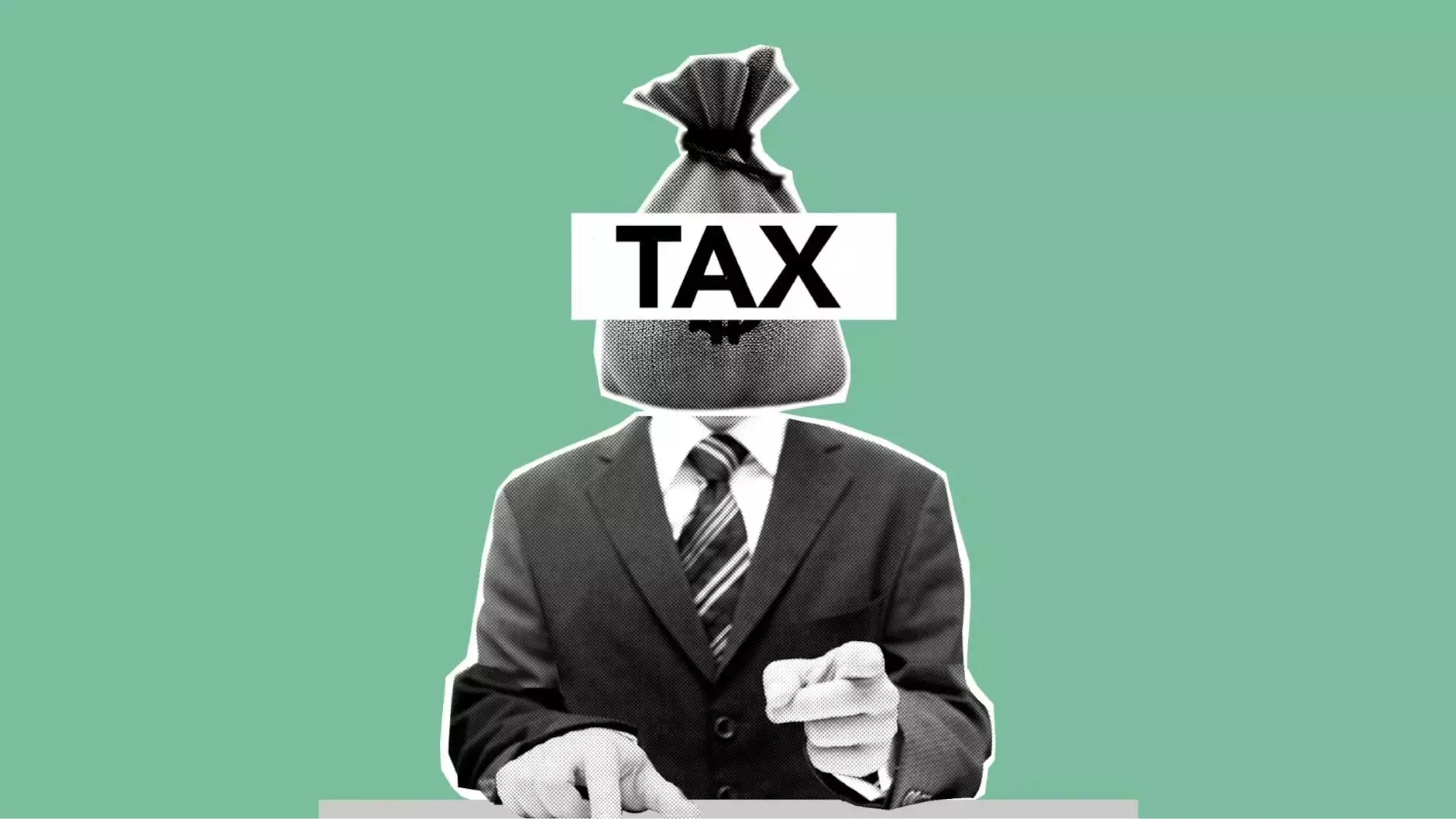Secured vs. Unsecured Credit Cards

Welcome to Life Designers' comprehensive guide on secured and unsecured credit cards. As a leading provider of business and consumer services in the field of consulting and analytical services, we understand the importance of making informed financial decisions. In this article, we will explore the key differences between secured and unsecured credit cards, providing you with the knowledge you need to choose the right credit card for your specific needs.
What are Secured Credit Cards?
Secured credit cards are a type of credit card that requires a security deposit to be made by the cardholder. This deposit acts as collateral and provides assurance to the credit card issuer that they will be able to recover any outstanding debts if the cardholder fails to make payments. Secured credit cards are typically designed for individuals with limited or poor credit history, providing them with an opportunity to build or rebuild their credit.
Benefits of Secured Credit Cards
Secured credit cards offer several benefits to individuals who are looking to establish or rebuild their credit. These benefits include:
- Build Credit: Secured credit cards allow individuals to demonstrate responsible credit card usage and build a positive credit history.
- Higher Approval Rates: Secured credit cards have higher approval rates compared to unsecured credit cards, making them more accessible to individuals with limited or poor credit.
- Credit Limit Increase: With responsible usage, some secured credit card issuers may offer credit limit increases, allowing cardholders to have access to more purchasing power.
- Security Deposit Refund: In some cases, secured credit card issuers may refund the security deposit after a certain period of responsible card usage.
Understanding Unsecured Credit Cards
Unlike secured credit cards, unsecured credit cards do not require a security deposit. These credit cards are typically offered to individuals with a stronger credit history and are not backed by collateral. Unsecured credit cards provide cardholders with a predetermined credit limit based on their creditworthiness.
Benefits of Unsecured Credit Cards
Unsecured credit cards offer unique advantages that may suit the needs of individuals who have an established credit history. These benefits include:
- Flexibility: Unsecured credit cards provide flexibility in terms of spending power, allowing cardholders to make purchases without tying up funds in a security deposit.
- Rewards and Perks: Many unsecured credit cards offer rewards programs, such as cashback or travel rewards, providing additional value to cardholders.
- Interest-Free Period: Some unsecured credit cards offer an interest-free introductory period, allowing cardholders to make purchases without accruing interest.
- Improved Credit Score: By responsibly managing an unsecured credit card, individuals can continue to improve their credit score and potentially qualify for better financial opportunities.
Choosing the Right Credit Card for You
When deciding between a secured and unsecured credit card, it's essential to consider your individual financial situation and goals. If you have limited or poor credit, a secured credit card can be a valuable tool to establish or rebuild your credit. On the other hand, if you have a strong credit history and are looking for more flexibility and potential rewards, an unsecured credit card may be the right choice for you.
Life Designers, as a leading consulting and analytical services provider, recommends evaluating the following factors when choosing a credit card:
- Credit Limit: Consider the credit limit offered by both secured and unsecured credit cards and determine which option best aligns with your spending needs.
- Interest Rates: Compare the interest rates associated with secured and unsecured credit cards to ensure you are comfortable with the cost of borrowing.
- Fees and Charges: Take into account any annual fees, late payment fees, or other charges associated with the credit card.
- Rewards Programs: If rewards are important to you, investigate the available rewards programs offered by different credit cards.
- Financial Goals: Consider your long-term financial goals and how a credit card can support or hinder your progress.
By carefully evaluating these factors and considering your personal financial situation, you can make an informed decision when choosing between secured and unsecured credit cards.
Conclusion
In conclusion, secured and unsecured credit cards serve different purposes and cater to individuals with varying credit histories. Secured credit cards are an excellent option for those looking to establish or rebuild their credit, offering a higher likelihood of approval and the opportunity to build a positive credit history. Unsecured credit cards, on the other hand, provide flexibility, potential rewards, and are suitable for individuals with a stronger credit history. Understanding the differences between these credit card types and considering your financial goals will help you make an informed decision when choosing the right credit card for your unique needs.
Thank you for choosing Life Designers as your trusted source for information on secured vs. unsecured credit cards. If you have any further questions or require personalized assistance, please do not hesitate to contact our expert team of life design consultants and coaches.









